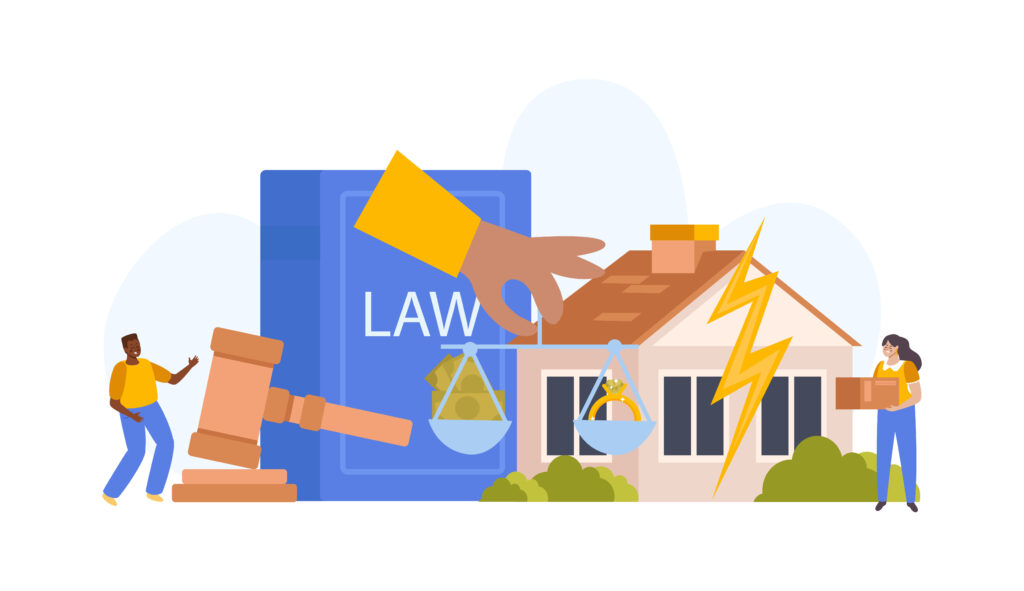Understanding Land Zoning: What Land Developers Need to Know

Land zoning is a crucial aspect of urban planning and development that every land developer should understand thoroughly. It delineates how land can be used and what activities are permissible in specific areas, shaping the landscape of communities and cities. In this article, we’ll delve into the intricacies of land zoning, its types, regulations, the purpose of zoning, impact on property development, challenges faced by developers, strategies for success, and future trends.
Introduction to Land Zoning
Land zoning refers to the classification of land into different zones or districts based on specific criteria such as land use, density, and building height. The primary purpose of zoning is to regulate and control the development and use of land in a manner that promotes orderly growth, protects property values, and ensures compatibility between different land uses.
Types of Land Zoning
There are several types of land zoning, each serving distinct purposes:
- Residential Zoning: Reserved for housing developments ranging from single-family homes to multi-family complexes.
- Commercial Zoning: Designated for businesses, retail stores, offices, and other commercial activities.
- Industrial Zoning: Intended for manufacturing plants, warehouses, and industrial facilities.
- Agricultural Zoning: Reserved for farming, ranching, and other agricultural activities.
- Mixed-Use Zoning: Allows for a combination of residential, commercial, and/or industrial development within the same area.
The Purpose of Zoning
The purpose of zoning extends beyond merely separating residential areas from commercial ones. It seeks to protect property values, enhance community living, and ensure environmental protection. Zoning laws are crafted with the community’s best interest in mind, often reflecting the area’s needs, growth objectives, and environmental considerations.
Zoning Regulations and Laws

Local governments have the authority to establish zoning regulations through zoning ordinances, which are enforced through zoning maps. These regulations dictate permissible land uses, building setbacks, height limits, parking requirements, and other development standards. Zoning laws aim to maintain the character of neighborhoods, protect natural resources, and promote public health and safety.
Process of Zoning Changes
Changing zoning designations typically involves a formal process that includes submitting an application, public hearings to gather input from stakeholders, and review and approval by local planning authorities. The process can be complex and time-consuming, requiring developers to navigate various regulatory requirements and address community concerns.
Impact on Property Development
Land zoning significantly influences property development in several ways:
- Land Use Restrictions: Zoning regulations restrict the type and intensity of development allowed on a particular piece of land.
- Development Opportunities: Zoning can either facilitate or hinder development opportunities based on the designated land uses and regulations.
- Property Values: Zoning regulations can impact property values by affecting the attractiveness and marketability of land for different uses.
Challenges Faced by Land Developers
Land developers encounter various challenges related to land zoning, including:
- Compliance with Zoning Regulations: Developers must navigate complex zoning regulations and obtain necessary approvals to ensure compliance with zoning requirements.
- Community Opposition: Proposed development projects may face opposition from local residents concerned about potential impacts on the neighborhood.
- Economic Factors: Economic conditions and market demand can influence the feasibility and profitability of development projects within specific zoning districts.
ALSO READ ABOUT
- Buying Land for Retirement: Is It a Wise Choice?
- Long-Term Vs Short-Term Real Estate Investments: What’s Best for Beginners?
- How to Successfully Sell Your Undeveloped Land
- Navigating the Terrain: The Unseen Risks of Land Investment Explored
- The Power of Location: How to Find the Perfect Land for Your Needs
Strategies for Successful Land Development
Successful land development requires careful planning and strategic approaches, including:
- Comprehensive Planning: Developers should engage in comprehensive planning that considers zoning regulations, market demand, environmental factors, and community needs.
- Collaboration with Local Authorities: Building positive relationships with local planning authorities and community stakeholders can facilitate the approval process and mitigate opposition.
- Adapting to Zoning Requirements: Developers should adapt their plans to comply with zoning requirements while maximizing the potential of the land.
Case Studies
Examining case studies of successful land development projects can provide valuable insights into overcoming challenges and implementing effective strategies.
Future Trends in Land Zoning
The future of land zoning is shaped by emerging trends such as:
- Sustainability Initiatives: Zoning regulations increasingly incorporate sustainability principles to promote energy efficiency, conservation, and resilience.
- Smart Growth: Smart growth strategies focus on compact, walkable development that reduces sprawl and promotes mixed land uses and transit-oriented development.
- Technological Advancements: Advances in technology, such as Geographic Information Systems (GIS) and data analytics, are transforming the way zoning regulations are developed, implemented, and monitored.
Conclusion
Understanding land zoning is essential for land developers to navigate the complex regulatory landscape, identify development opportunities, and create sustainable, vibrant communities. By embracing innovative approaches and collaborating with stakeholders, developers can overcome challenges and contribute to the responsible and equitable growth of urban and rural areas.
Call To Action
If you’re in need of purchasing land, visit our website at reapse.co to explore a wide range of available properties. Whether you’re looking for residential, commercial, industrial, or agricultural land, we have options to suit your needs.
Are you ready to get started with land acquisition today? Book a 20 minutes FREE Consultation today.
FAQs
1. What is the role of zoning in property development?
- Zoning regulates land use and development to promote orderly growth, protect property values, and ensure compatibility between different land uses.
2. How do zoning laws impact property values?
- Zoning laws can affect property values by influencing the type and intensity of development allowed on a particular piece of land.
3. What challenges do developers face in obtaining zoning approvals?
- Developers may encounter challenges such as compliance with complex zoning regulations, community opposition, and economic factors affecting project feasibility.
4. What are some strategies for overcoming zoning-related challenges?
- Strategies include comprehensive planning, collaboration with local authorities and stakeholders, and adapting development plans to comply with zoning requirements.
5. What are the future trends in land zoning?
- Future trends include sustainability initiatives, smart growth principles, and technological advancements shaping the evolution of zoning regulations.




